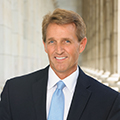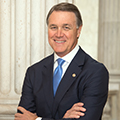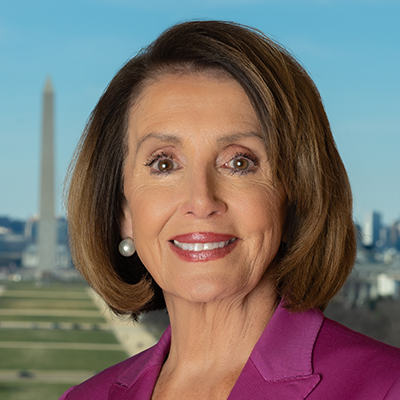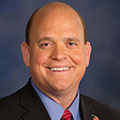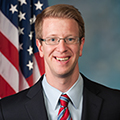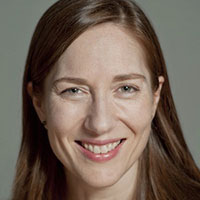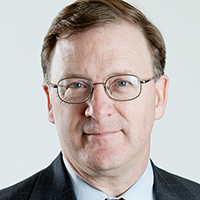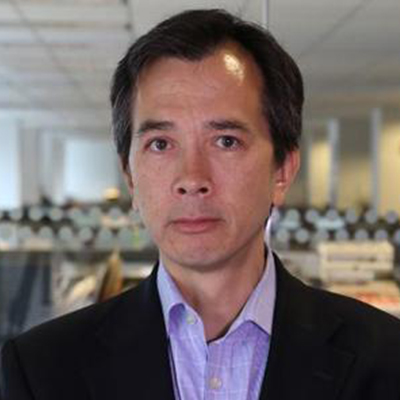2018 Fiscal Summit
Debt Matters
As campaigns for the 2018 midterm elections get underway within a rapidly changing policy environment, the ninth-annual Fiscal Summit convened voices from across the political and ideological spectrum to examine the urgent need for a fiscal reset that puts America on a sustainable course for economic growth and prosperity.
As interest rates continue to rise and we return to trillion-dollar deficits as early as next year, we will face increased budgetary pressures. Absent a change in course, we will confront reduced public and private investments, less flexibility to deal with future crises, and diminishing economic opportunities for Americans.
Now, while the economy is strong, it is time to face the challenge anew, and reset our priorities to create the conditions for sustained economic growth and prosperity into the future. The 2018 Fiscal Summit reiterated the urgent need for a fiscal reset, and examined how we can refocus the nation on building a fiscally sustainable path for America.
